Frustration over boiler application rejections
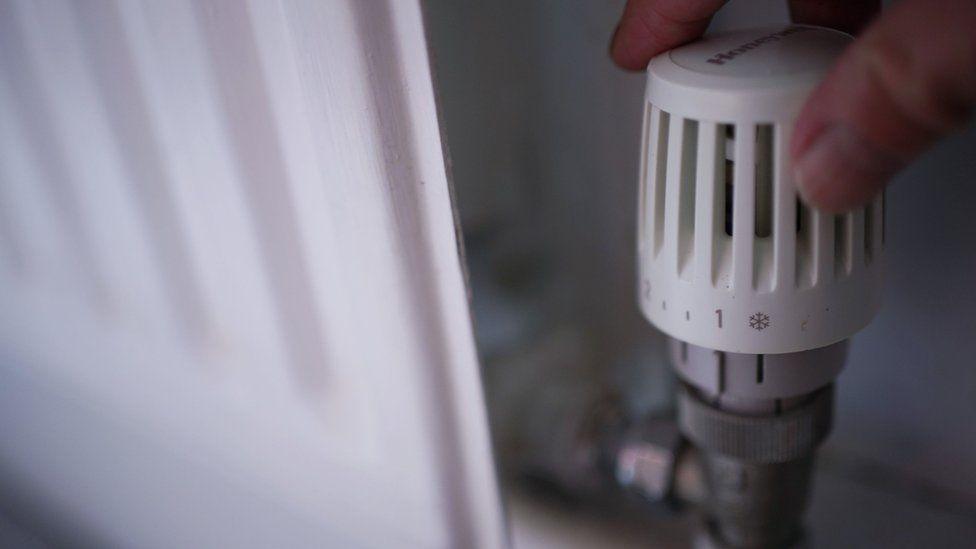
Guernsey Electricity said peak demand had significantly increased as islanders moved away from fossil fuel heating
- Published
Trade bodies have expressed frustration that applications for new electric boilers are being routinely rejected by Guernsey Electricity despite them being "heavily promoted".
The firm has admitted the island’s aging electricity grid did not have the capacity to cope with the extra demand during peak hours.
Guernsey Construction Forum chairman John Bampkin is among those calling on the firm to engage with the industry to work towards a solution.
He said: "We are coming up against more barriers around what the electricity grid around Guernsey can cope with."

John Bampkin said it was impacting the trade and making environmental targets harder to hit
"We are being told on a case-by-case basis, no you can’t have that because the grid can’t support it, and more and more of those cases are cropping up," Mr Bampkin said.
A 12 kilowatt electric boiler can typically service an average eight-roomed property, but in some cases applicants are being refused permission and told to seek alternatives.
The issues come despite Guernsey Electricity , externalpromoting the use of the cleaner energy systems including with a prominent display in its showroom.
Mr Bampkin said: "There’s a double impact: it's cutting some tradesmen from the industry and if we can't install electric boilers we have an issue with some of the environment targets we are trying to hit.
"There's been real frustrated responses from the end user. We are in the 21st Century and it's very frustrating .
"We need a joined up plan so they need to come and engage with us."
Andrew Freeman, council member of the Guernsey Building Trade Employers Association, voiced similar concerns.
"A number of our members specialise in electric heating and we have heard of cases where applications for electric boilers were rejected," he said.
"The switch to electric was heavily promoted in recent years and many businesses and homeowners made that change.
"They are more aware of their carbon footprint and they were encouraged by the practical benefits such as getting rid of the need for an external oil tank.
"It’s important for Guernsey Electricity to provide as much upfront information to consumers, so they can plan what they are going to do and avoid any further disappointment."
He added: "There’s been a big switch to electric heating and cars which has put pressure on the grid and that’s for Guernsey Electricity to say how they will resolve that."
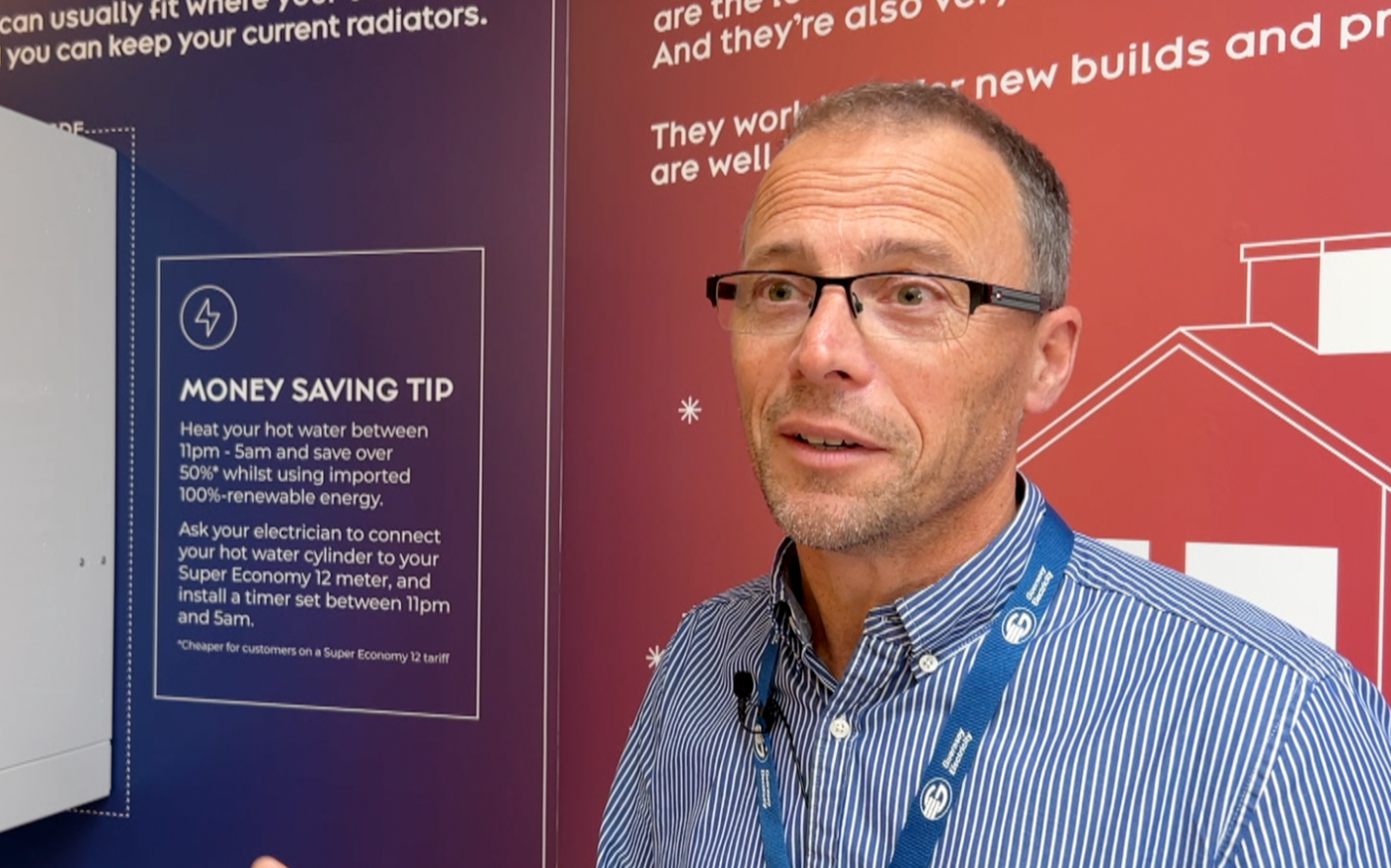
Jon Sexton, from Guernsey Electricity, said
Guernsey Electricity admit a small percentage of applications for electric boilers have had to be turned down while peak demand remains high.
Jon Sexton, head of engineering and design for Guernsey Electricity, said: "We certainly have had to decline some applications for this kind of heating.
"We would say try to engage with us as soon as possible to see if what you are going to be proposing will work with the network we've got.
"We have an aspiration for net zero by 2050, but we are seeing a rate of change faster than we can realistically manage in the short term, as we upgrade across the island.
"The challenge in most instances when we are suggesting this kind of heating will be down to the infrastructure in the road."
It comes as The States Electricity Strategy was approved last year including plans for a second interconnection to the European Grid, as well as accelerating network-wide upgrades to manage higher capacity demand.
Mr Sexton said the process of modernising the 14,000km (8,700 mile) buried network would not happen overnight.
He said: "That is a 25-year journey from now and some of the projects we have on the go at the moment are all working toward bolstering the capacity of that network."
Recent and current projects include a £12m spend on a new bulk supply point at the Princess Elizabeth Hospital, the replacement of cabling in La Grange and Doyle Road and improvements in the Arcade and High Street.
'Generational step change'
Deputy Lindsay De Sausmarez, President of the Environment and Infrastructure Committee, said Guernsey's steep and rapid population growth was "magnifying electricity demand".
She said Guernsey Electricity was "making up for lost time" by upgrading the island's infrastructure.
Ms De Sausmarez said: "These infrastructure upgrades often require roads to be dug up, which can be annoying and inconvenient, but the frustrations of householders who can’t yet access the supply they need shows us how necessary it is to improve the capacity and resilience of our electricity infrastructure.
"This is a generational step change, but constraints on the pace of change include the number of roads that can be dug up at any one time, and the availability of suitably skilled people to carry out this important work."
Follow BBC Guernsey on X (formerly Twitter), external and Facebook, external. Send your story ideas to channel.islands@bbc.co.uk, external.
Related topics
- Published12 May 2024
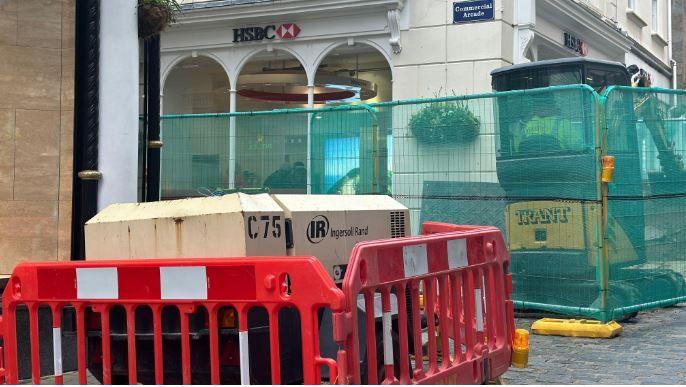
- Published6 April 2024
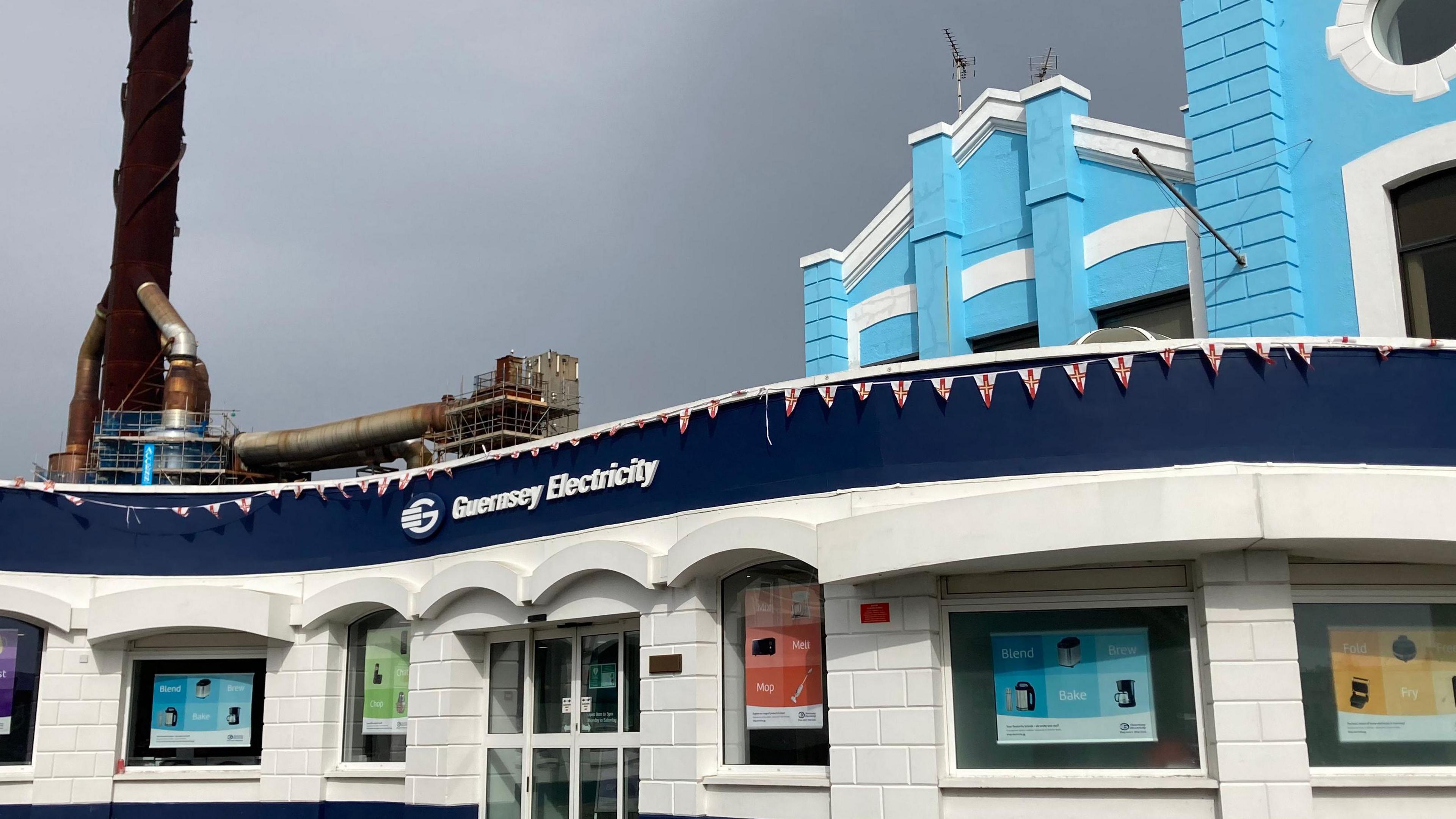
- Published15 January 2024
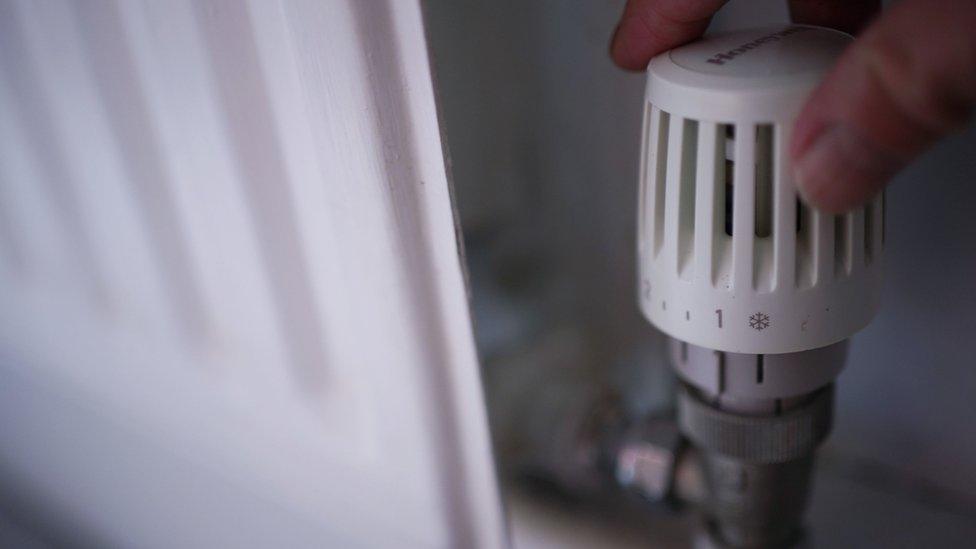
- Published7 September 2023
